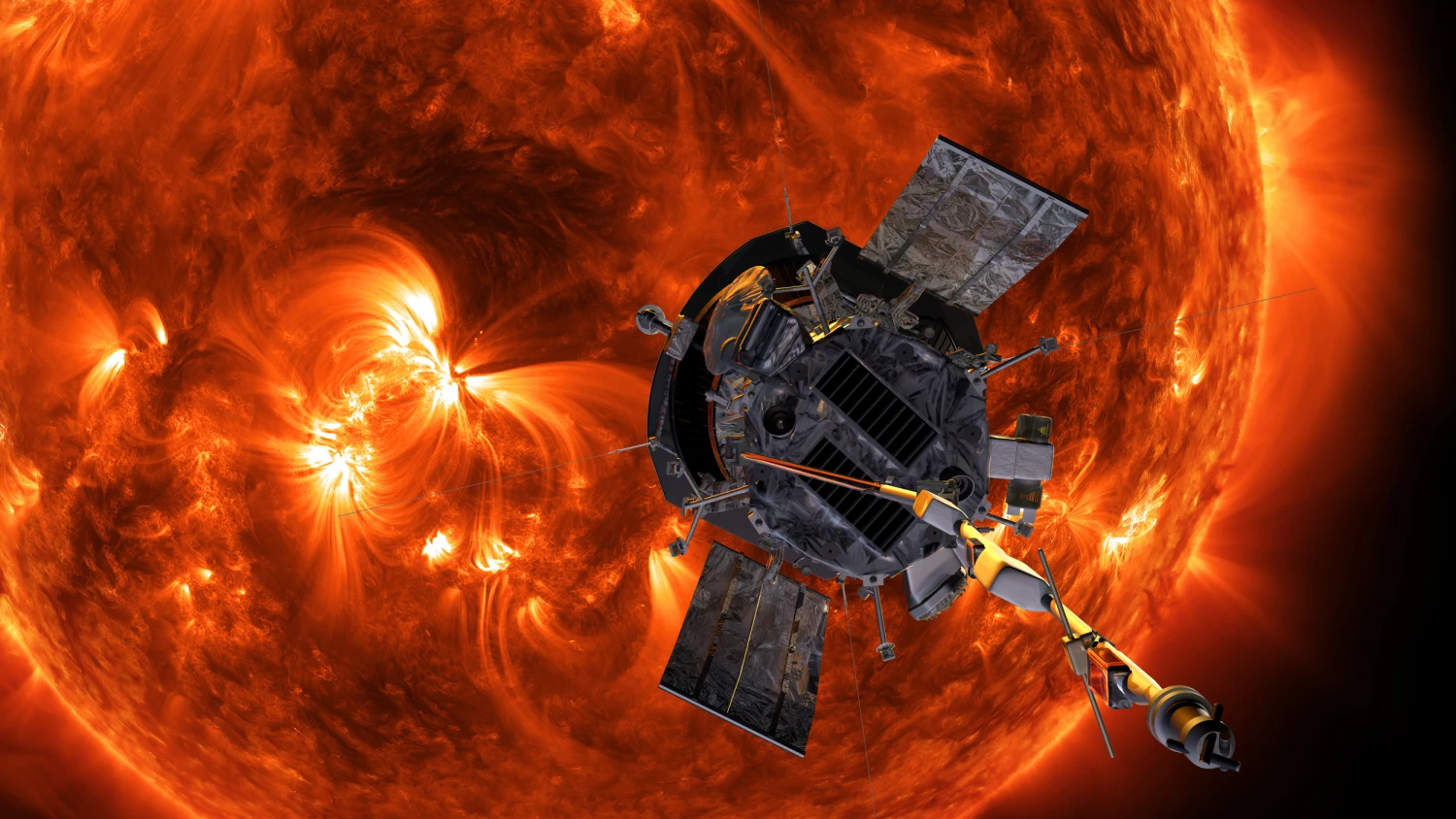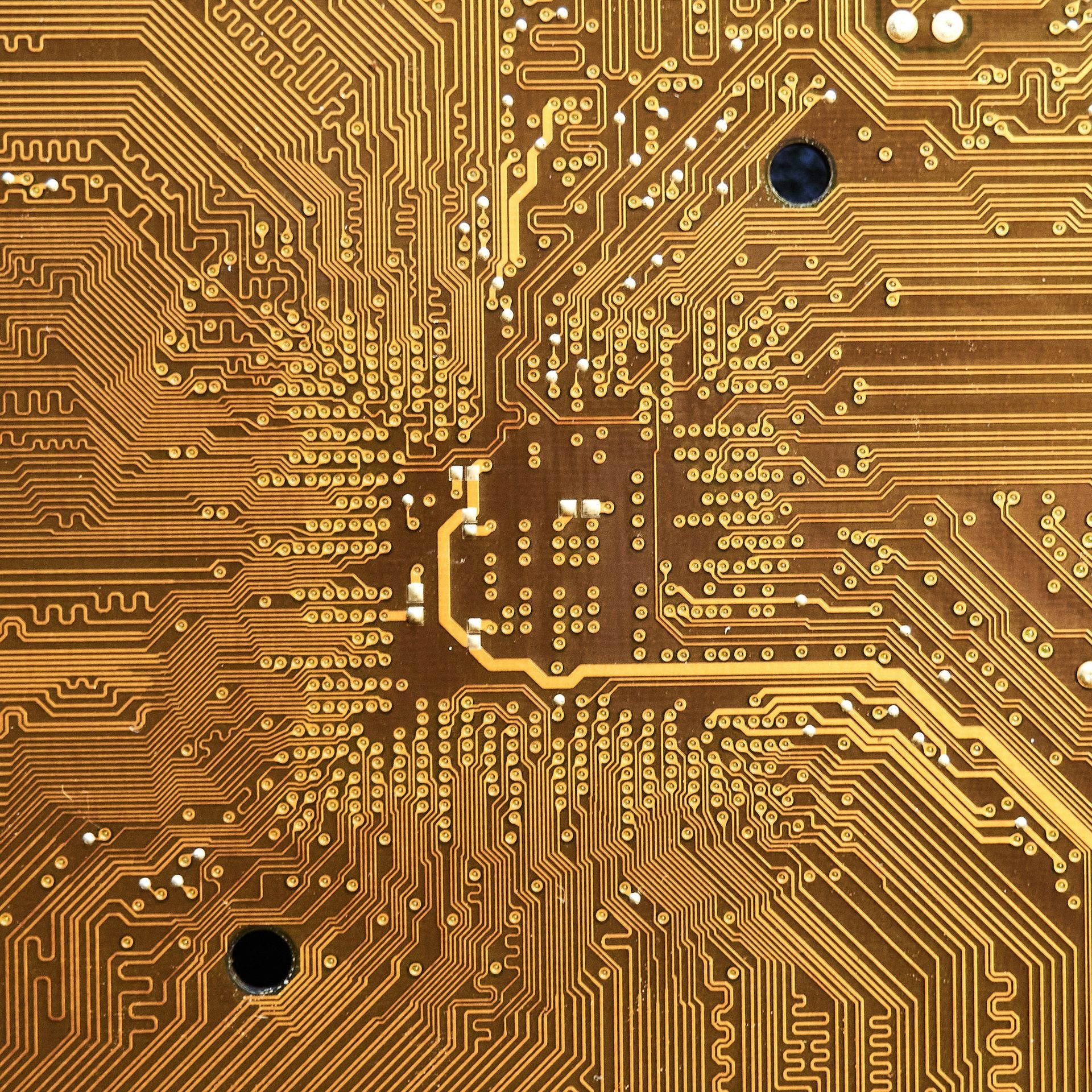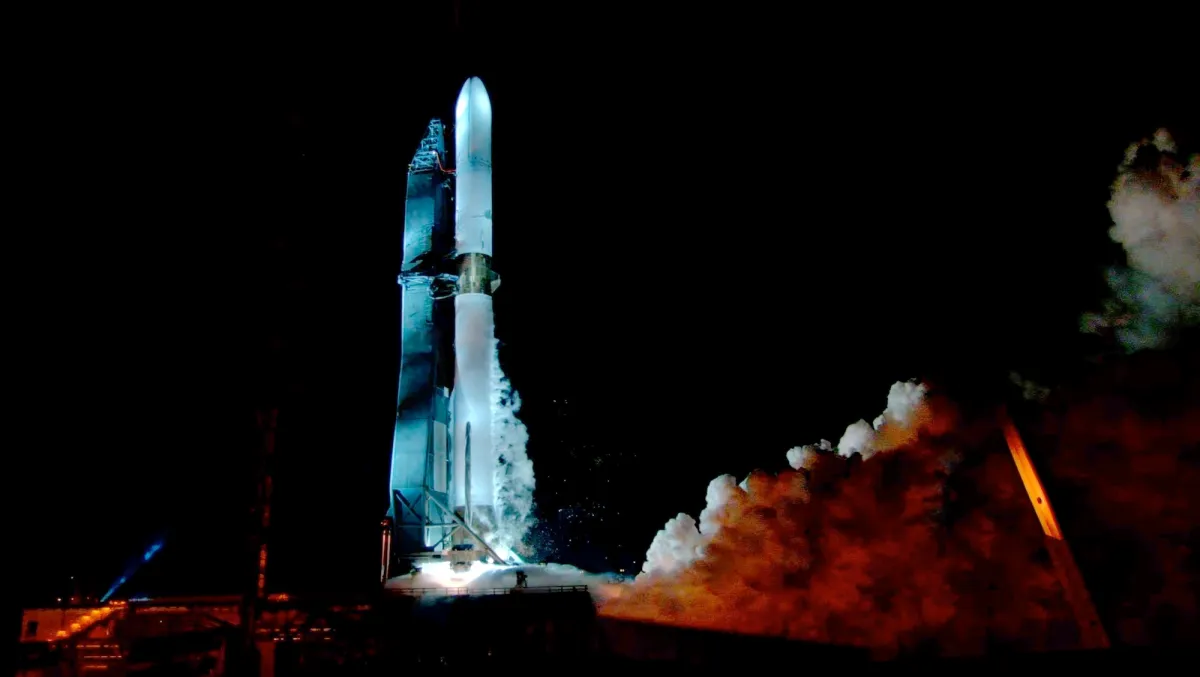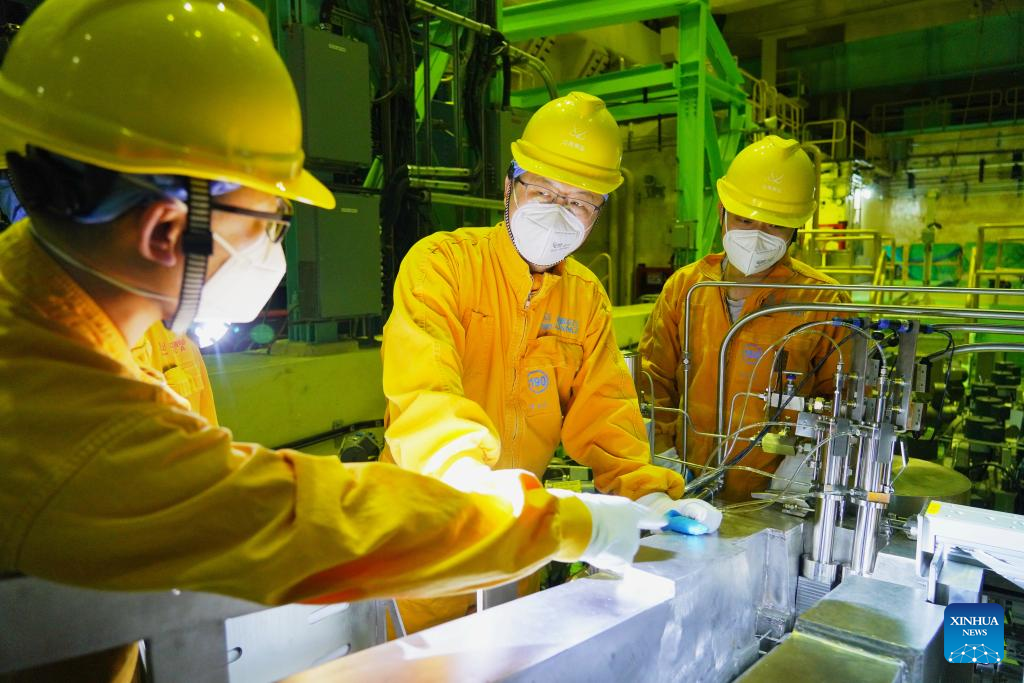The Willow Microchip: A Technological Marvel
Google’s recent unveiling of its quantum microchip, Willow, has sparked a renewed debate on transhumanism and its ethical implications. Announced on December 9, Willow demonstrates unprecedented computational capabilities. The chip leverages quantum physics principles to solve complex problems in under five minutes—tasks that would take a traditional supercomputer billions of years.
While still experimental, Willow holds promise for transformative applications, from drug discovery to optimizing electric vehicle batteries. This technological milestone raises profound questions about the direction of progress and its impact on humanity.
Infocatólica’s Perspective on Transhumanism
The Catholic news outlet Infocatólica has also weighed in on the transhumanism debate, emphasizing the importance of ethical reflection in the face of rapid technological advancement. In their analysis, they argue that transhumanism risks undermining the very essence of humanity by prioritizing technological transformation over the preservation of human dignity and moral autonomy.
Infocatólica highlights that the core issue lies in the transhumanist vision of humanity as a malleable construct rather than a unified being with inherent spiritual and physical dimensions. They caution against the reduction of human identity to mere data and stress that technological innovations like Willow must serve the common good rather than perpetuate a totalitarian vision where a select few wield disproportionate power.
Transhumanism and Its Ethical Dilemmas
Transhumanism, advocated by figures like Google’s Raymond Kurzweil, envisions a future where technology transcends human limitations. Proponents imagine a world where AI surpasses human intelligence, enabling immortality through either digital consciousness or bioengineering advances.
However, this vision reduces humans to data sets, undermining the unity of body and soul. Such a reductive approach risks stripping individuals of freedom and moral autonomy, replacing humanity with manipulable software. Critics, including Infocatólica, argue that this isn’t emancipation but a form of technological servitude.
This perspective aligns with a broader revolutionary trajectory that challenges fundamental human and societal values. The transhumanist rejection of corporeality echoes ancient gnostic disdain for material existence, pushing a nihilistic ideology that seeks to redefine humanity itself.
Toward a Balanced Technological Future
Willow and similar innovations highlight both the extraordinary potential and risks of advancing technology. Centralized control over these tools could lead to profound inequalities, empowering elites while marginalizing the majority. A society dominated by “superhumans” risks creating a dystopian reality, far removed from justice or natural order.
Infocatólica underscores the need to evaluate technological advancements through the lens of moral and ethical principles. They advocate for a balanced approach, where innovation supports the common good without compromising human dignity.
The Church and other ethical frameworks offer guidance, emphasizing that technology must serve humanity rather than transform it into something unrecognizable. Rejecting transhumanist extremes doesn’t mean rejecting progress but rather steering it toward preserving what makes us inherently human.
The challenge of our era is to embrace technological advancement while safeguarding human dignity and freedom. As we marvel at breakthroughs like Willow, we must remain vigilant, ensuring that progress enhances humanity rather than diminishes it.
Also, recently, Esteban Celis, a Chilean cyborg artist, shared his insights on transhumanism and biohacking in an exclusive interview, exploring ethics and identity.






